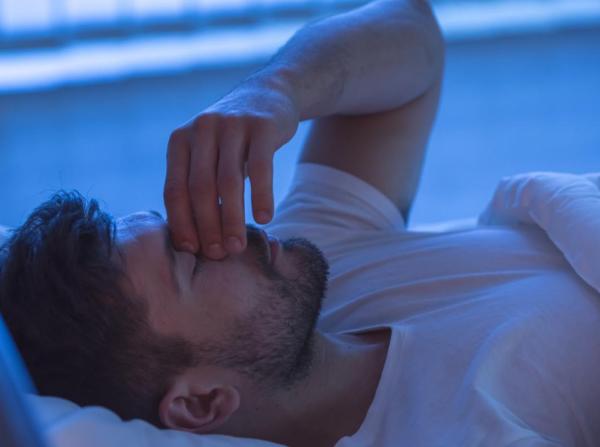Performance anxiety or the fear of inadequate sexual performance due to a short duration or hardness of the erection are the generators of anxiety that cause erectile dysfunction.
Performance anxiety or the fear of inadequate sexual performance due to a short duration or hardness of the erection are the generators of anxiety that cause non-organic erectile dysfunction.
The generating factors would be:
- The fear of failure.
- The obligation to achieve results, especially if one’s partner or oneself are very demanding.
- Excessive altruism (you have to make sure that your partner is satisfied but also that you are satisfied).
- Self-observation, the erection is involuntary, self-observation inhibits it).
The causes of psychological erectile dysfunction are divided into three groups:
- Immediate factors (execution anxiety).
- Traumatic life events.
- Vulnerability developed in childhood or adolescence.
As predisposing factors we have:
- Restrictive moral and religious education.
- Deteriorated relationships between parents.
- Inappropriate sexual information.
- Traumatic sexual experiences during childhood.
- Insecurity in the psychosexual role in the early years.
- Personality disorders.
- Inadequate parental models.
Precipitating factors:
- Some sporadic failure (or “trigger”).
- Depression and anxiety.
- Stress.
- Especially negative moments (of tiredness, anxiety or depression).
- Exaggerated expectations about achievements and satisfaction in sex.
- General problems in the relationship.
- Infidelity.
- Dysfunction in the couple with whom you interact.
- Age (and mistakenly believing that a change in responses as a result of this implies a disability).
Maintaining factors:
- Anxiety about the possibility of not having enough hardness and durability in the erection.
- Anticipation of failure or failure.
- Feelings of guilt.
- Lack of attraction between members of the couple.
- Little trust and communication between members of the couple.
- Fear of intimacy.
- Low self-esteem in terms of self-image.
- Inappropriate sexual information.
- Lack of erotic stimuli.
- Specific fears or phobias.
- Little time dedicated to flirting or kissing and caressing before moving on to intercourse. Mental disorders.
Until the appearance of phosphodiesterase 5 inhibitors (IPDE5), the effectiveness of sexual therapy has been superior to other interventions (drugs or other approaches) in the treatment of erectile dysfunction, according to studies by various authors.
This is even the case when compared to the administration of some drugs.
In the specific case of secondary erectile dysfunction, the number of therapeutic failures is only 26.2% and, as McConhagy states, sexual therapy is extremely effective, and therapeutic failures are fundamentally due to lack of motivation and abandonment of therapy. In daily practice it is frequently observed that patients drop out because they do not observe erections at the beginning of therapy. The sexological intervention is made up of a set of psychotherapeutic strategies that are used for the following purposes:
- Treatment of psychogenic erectile dysfunction.
- Optimization of drug treatment in erectile dysfunction of organic origin.
- Rehabilitation of the sexual response in cases where pharmacological treatment has no effect.
- Adaptation and optimization of the response in chronic diseases that make erection impossible.
The most commonly used techniques for the treatment of erectile dysfunction are:
- Masters and Johnson model
- Kaplan model
The truth is that these problems that block people’s lives and affect a bad relationship or breakup for years can be solved in months with adequate sexual therapy.









